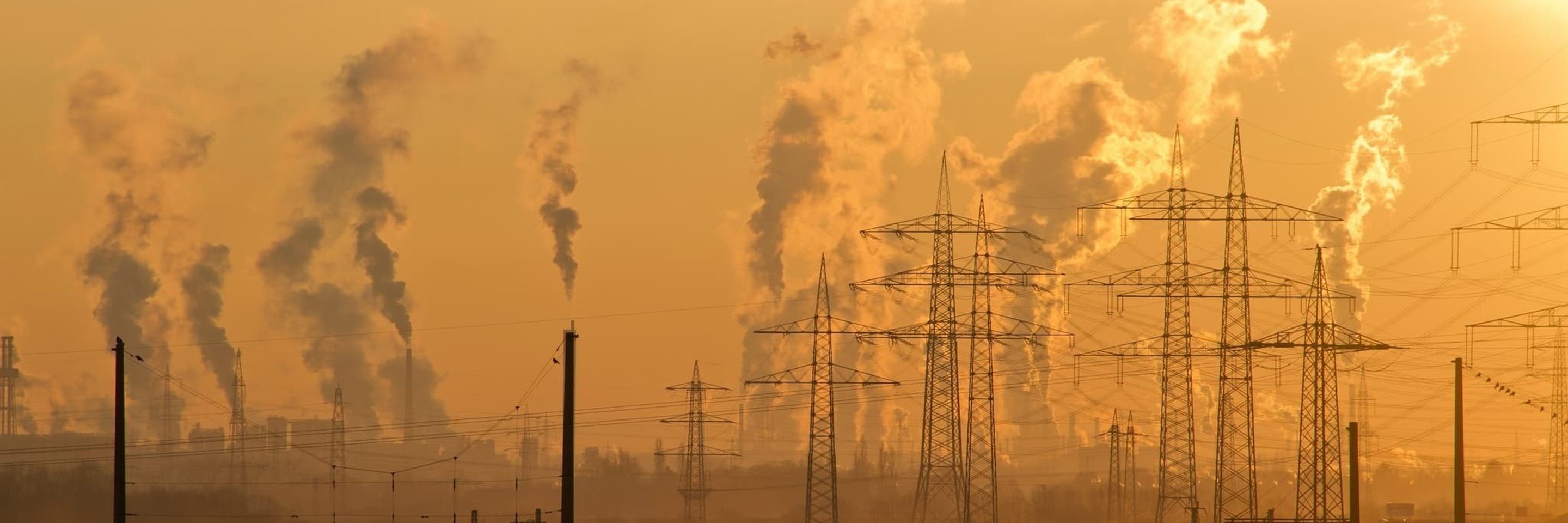
Global attention has been focused on the need for climate change action, but it will take more than goodwill for industries to reduce their emissions footprint.
With more than 20 years of working in the area of sustainability, including with some of the world’s biggest retail brands on their climate change policies, Rich Hall has long been talking to companies about the importance of action.
But it has been a health crisis, not an environmental one that has focused the minds of businesses and the public in a new way, says the Head of Sustainability and Stakeholder Assurance at MHA.
“Sustainability was big news before the pandemic — if you look at the 2020 World Economic Forum’s Global Risk Report, five of the global risks that were the highest likelihood and the highest impact above a pandemic, for instance, were all sustainability-related,” he says.
“I think people understood the climate issues that were there; certainly big businesses were starting to think about emissions and their impact.
“But the pandemic really hit home that global shock in one part of the world affects absolutely everybody. Even among consumers, the pandemic has raised perceptions of what climate events might look like and how they can affect everything.”
That clarity of understanding has had a political impact as well, as can be seen in the renewed focus of political leaders, who are gathering in November in Glasgow for the COP26 conference.
The event is an opportunity to address the world’s progress — or lack thereof — towards emissions reduction targets that are designed to limit global warming to an average of 1.5 degrees Celsius by 2050.
It will likely spur not only bolder voluntary targets for action among countries and companies but also speed up the pace of legislation that will force climate-related sustainability and emissions disclosures.
“We’ve had a reset button, and various leaders are vying for leadership on what net carbon zero looks like, and that’s what is driving strategies from the government as well,” Mr Hall says.
“Disclosure legislation is set to hit all large organisations and what they’ve got to do is look at how climate change impacts them from a strategic, financial and governance perspective, how they’re managing those risks and what they’re reporting on as well.
“When you combine this climate legislation with prior legislation on streamlined energy and carbon reporting, it’s enabling stakeholders to look much more closely at competitor versus competitor.”
This opens the door to finance being withheld from poor performers, he says, stranding assets and limiting the options for companies without a transition plan to engage effectively in markets.
“If you look at what happened in the oil and gas market in 2020, that fell by 38%, while cleantech was at 140%,” he says.
“So we’re seeing these winners and losers on a global scale from an industrial perspective and we will see that at a company and organizational level as well. Even from an audit perspective, we’re now starting to consider things like contingent liabilities, are they adequate? Have you got stranded assets?”
Tackling change means technology
One of the clearest opportunities in the net-zero discussion lies in finding technological solutions that can reduce or offset emissions, without forcing companies to cease work in emissions-heavy areas.
“If we look at construction sites, for example, the goal has been to reduce waste and increase centralised efficiency by adopting more modular manufacturing techniques at the factory— and that is okay, to a point,” he says.
“But you’ve still got to actually put things together on-site and that’s where things begin to become difficult.
“The real challenge for construction is the embedded carbon in its footprints. Anything that’s constructed with concrete is pretty high in emissions. If you look at a plant that’s used at sites, it tends to be diesel-based, as are the generators.
“And while we have electric vehicles coming on for passenger cars, we don’t really have sensible EV solutions for things that need a heavy load.
“So here is one industry, with high emissions, and we haven’t got a playbook for bringing those emissions down. We don’t know yet which technology will deliver the best options for this industry. We can aim for sustainability, but it is hard to scale without those answers.”
Investing in technology that can help address these kinds of challenges will be a critical part of reaching net-zero, Mr Hall says, and the finance sector will play a role in supporting industries that are making those green R&D decisions.
“Our return-on-investment calculations need to improve and need to have a longer-term bias, allied to some of the new green finance approaches, so you might have a lower rate over a longer period because they know that asset is going to have a value for 40 or 50 years, not 20 years and then one day have no value at all.”
Other factors can also inhibit investment, from voided warranties when changing to low-emission fuels, to risking customer or shareholder disapproval for changes that incur extra cost.
Regardless, “there is a change in attitude taking place,” Mr Hall says.
“We are seeing an increase in responsible investment and impact investing. Green funds are a growing source of finance and we will see this grow over time as more interesting options come to market.
“It’s not a silver bullet yet, but things are changing.”









